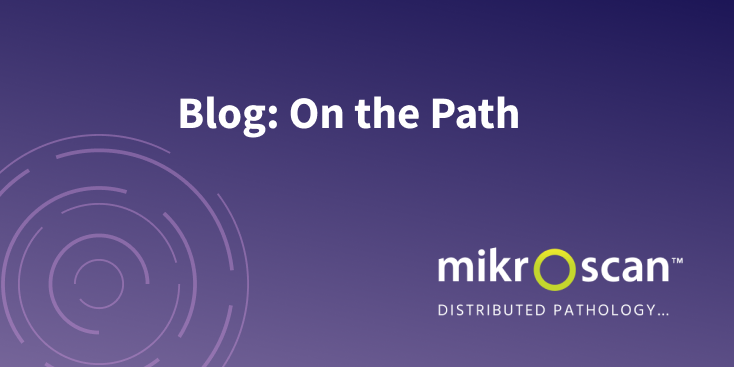
With digital pathology, geographical barriers no longer limit our ability to connect, learn, and collaborate. In this blog post, we explore the significance of collaboration and knowledge sharing in digital pathology communities and how they are driving advancements in patient care and research.
Digital pathology has not only revolutionized the way pathologists analyze and interpret tissue samples, but has also transformed the concept of collaboration and knowledge sharing within the field. With the power of technology, digital pathology communities are connecting pathologists, researchers, and healthcare professionals across the globe, fostering an environment of collaboration, innovation, and continuous learning.
Breaking Down Geographical Barriers
One of the most remarkable aspects of digital pathology is its ability to transcend geographical limitations. Pathologists can now connect with peers from all corners of the globe. This global network of professionals creates a rich environment for collaboration, as diverse perspectives, expertise, and experiences are shared. By effortlessly sharing digital slides, insights, and experiences through virtual platforms and secure networks, pathologists collectively contribute to the improvement of diagnostic accuracy and patient outcomes.
Real-Time Consultations and Second Opinions
Digital pathology enables real-time consultations and second opinions among pathologists, allowing for timely and accurate diagnoses. In complex cases, the ability to seek advice from experts across the globe enhances diagnostic confidence and reduces the risk of misinterpretations. Pathologists can seamlessly share digital slides, discuss challenging cases, and exchange observations and recommendations. This collaborative approach to diagnosis ensures that patients receive the most comprehensive and informed care, regardless of where they are in the world.
Multidisciplinary Collaboration
Collaboration in digital pathology communities goes beyond pathologists, facilitating collaboration with other healthcare professionals and researchers. Multidisciplinary teams, comprising pathologists, oncologists, radiologists, and other specialists, can come together to discuss complex cases, treatment strategies, and research findings. This collaborative approach enables a holistic perspective and encourages innovative approaches to patient care. It fosters a deeper understanding of diseases, facilitates the identification of prognostic markers, and supports the development of personalized treatment plans.
Research and Data Sharing
Digital pathology communities play a pivotal role in advancing research and scientific discovery. Researchers can share their findings, data, and methodologies, promoting transparency and accelerating progress in the field. Digital slide repositories serve as a vast resource for researchers to access a diverse range of cases and explore new avenues of investigation. The collaborative nature of these communities fosters the development of groundbreaking studies, the identification of novel biomarkers, and the validation of diagnostic algorithms.
Continuing Education and Professional Development
Digital pathology communities offer opportunities for continuous education and professional development. Pathologists can engage in webinars, online courses, and virtual conferences where experts share their knowledge and insights. They can access digital slide collections for self-paced learning, participate in case discussions, and stay updated on the latest developments and best practices in the field. This culture of lifelong learning enhances the competence and expertise of pathologists, ultimately benefiting patient care.
Collaboration and knowledge sharing lie at the heart of digital pathology communities, empowering pathologists and researchers to break down barriers, tap into global expertise, and drive advancements in diagnostics, research, and patient care. By leveraging technology, we're unlocking the power of collaboration, breaking down silos, and collectively enhancing patient care, research, and personal growth. So, let's connect, share, and collaborate—because together, we're transforming the landscape of healthcare and improving outcomes for all.


